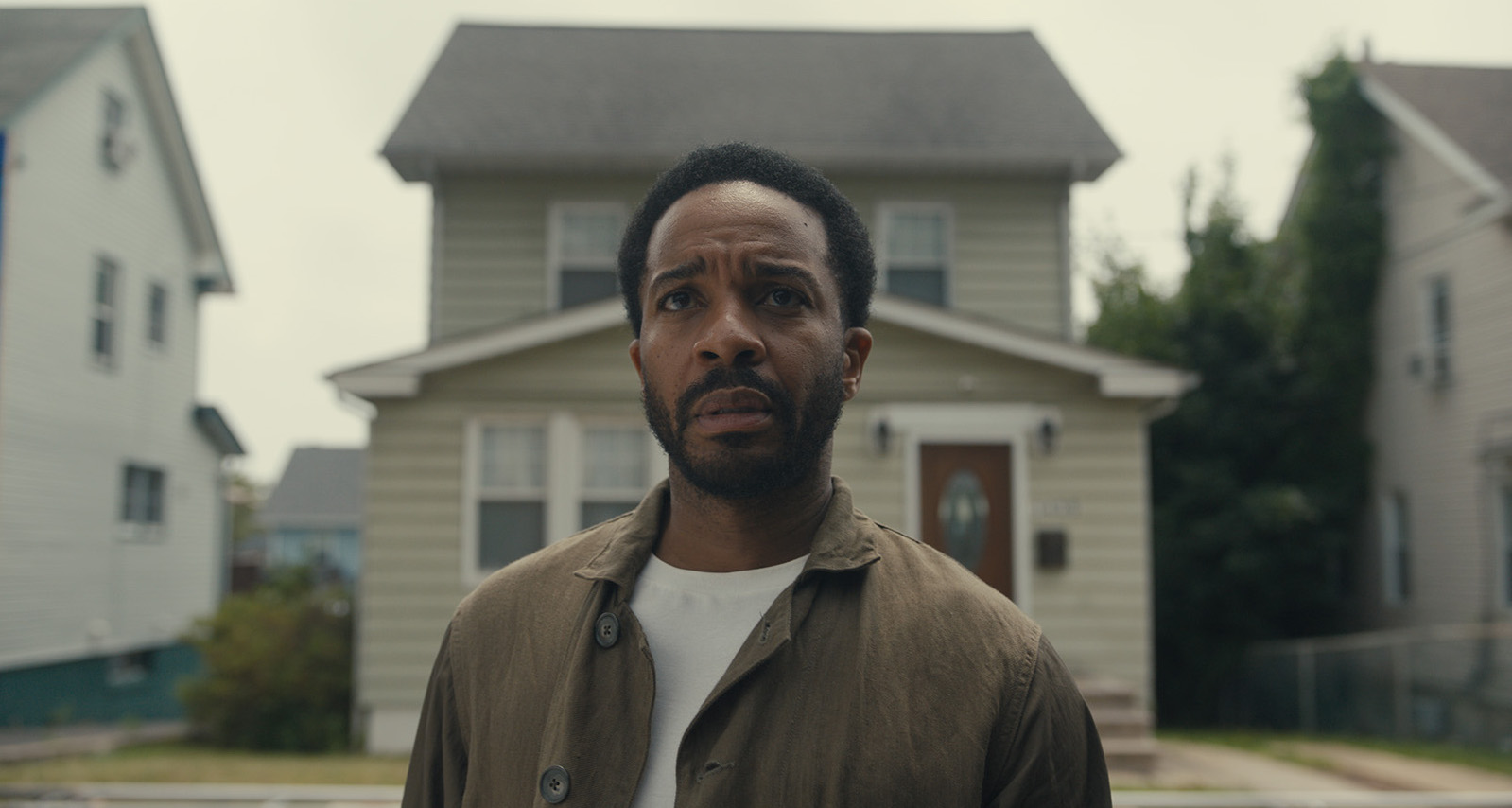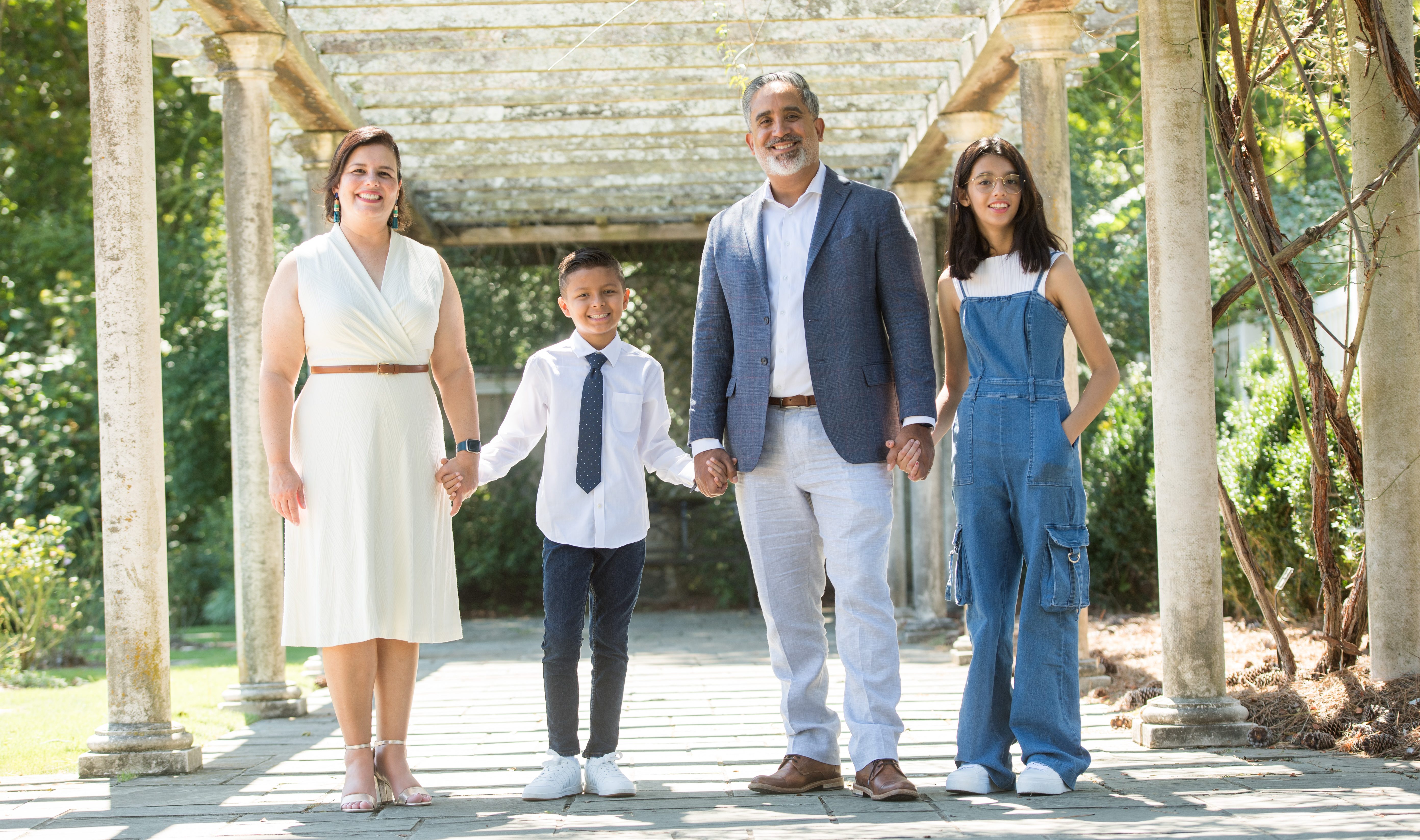My Alabama Story | By Margaret Norman
#MyAlabamaStory #AHAat50 | May 3, 2024

I moved to Alabama in July of 2016 with a deadline. I’d just graduated from college and simply intended to try something new. I had been living in New York, the state I’d spent most of my life, with the exception of a teenage stint in southern Vermont. I was spent on the cold and ice and briskness of the Northeast and was curious, for a limited time, to explore another part of the country. When I was accepted into a year-long fellowship at Birmingham’s Jones Valley Teaching Farm, it seemed like the perfect chance to try 365 days in a new location.

The day I moved was my first time in the state and I was immediately struck by the bright fuchsia of crape myrtles in peak bloom, the clockwork afternoon thunderstorms, and the “how are you?” greetings from every passing person (many of whom I ignored before learning better). Three hundred and sixty-six days later, I was still here. And while I’d like to say it was only because Birmingham took me by surprise, the truth is that I fell in love. I met my now-husband only two months before my fellowship ended. Eight years later, this is still home.
But that first year in Alabama did surprise me in many ways, and set me on a journey of discovery. In the eight years since my arrival, I’ve fallen in love with Alabama and its stories hand-in-hand, step-in-step.
My interest in history had recently been cultivated through an oral history project I’d conducted as part of my undergraduate studies, examining my own family’s Southern history as Jews in the Arkansas Delta. In Birmingham, I got a job at a bakery, and spent that second year down South rolling baguettes and dipping my toes further into the historical waters. Thanks to a series of opportune ripple effects, I spent the next few years contributing to an archival project in the Florida panhandle, an oral history project at Red Mountain Park, and serving in the first class of Research Fellows for the Jefferson County Memorial Project, whose Core Coalition I am still proud to serve on. Today, I oversee the Beth El Civil Rights Experience, an endeavor that explores the intersections of Birmingham’s Jewish and civil rights histories. (And received an AHA Major Grant from the Alabama Humanities Alliance to make possible.)
This is a complicated history. When visitors take our tour they learn about Jewish action, inaction, and everything in between during Birmingham’s civil rights movement. They delve into the how and why of our story as a Jewish community in the 1950s and 1960s. And we ask our visitors to reflect on where they stand in relation to issues that they care about in their own life, where they — where we all — could do better.
I’ve been continually impressed by the congregation’s willingness to be vulnerable and present an honest portrait of themselves, and I struggle with how I can shepherd this project as a transplant — after all, this isn’t my story. It is the story of many of my docents, who lead the tours; of my committee members who’ve shaped it; and of the community that has hosted and supported it.

This is what I love about Alabama. This is not a state without warts, but then again neither is New York. Here, my love for the humanities has been fostered by the commitment of citizens to understand, educate, and yes, do better, armed with the tools of history and dialogue. That’s not to simplify the situation; there are forces in our state pushing against those values right now. Yet I often describe Alabama (especially to those in my life who are confused about why I’m still here), as a place where people are truly, every day, trying to make this a better place for all to live.
I’ve grown to love the rhythm of life here: the February thawing, the lushness of spring, even the weight of the summer air. I’m raising my son here now, and sometimes it still strikes me as surprising that he will someday say he is from Alabama. But I hope he says it proudly, recognizing those in his community who have continually invested in it and pursued the truth of our past in order to make our communities stronger today.
Margaret Norman is a public historian based in Birmingham. She has spent four years as director of programming and engagement at Temple Beth El, where she’s overseen the Beth El Civil Rights Experience. Margaret is the incoming director of the Jewish Community Relations Council of the Birmingham Jewish Federation. She also currently hosts “Southern Jewish Voices” at the Levite Jewish Community Center and is an Alabama Jewish Folklife Fellow for 2023-2024.

#MyAlabamaStory #AHAat50
February 21, 2024
I spent much of my childhood hung up on where I lived, or rather, trying to explain to others exactly where I resided. My house was situated in an undefined...

#MyAlabamaStory #AHAat50
October 29, 2024
Bessemer native and actor André Holland in a scene from his 2024 film, Exhibiting Forgiveness. I grew up in a small house with no storm cellar. Before I was...

#MyAlabamaStory #AHAat50
September 29, 2024
Carloa E. Alemán and family I live in Alabama, but my Alabama looks a little different than what most folks might imagine. My Alabama speaks Spanish....